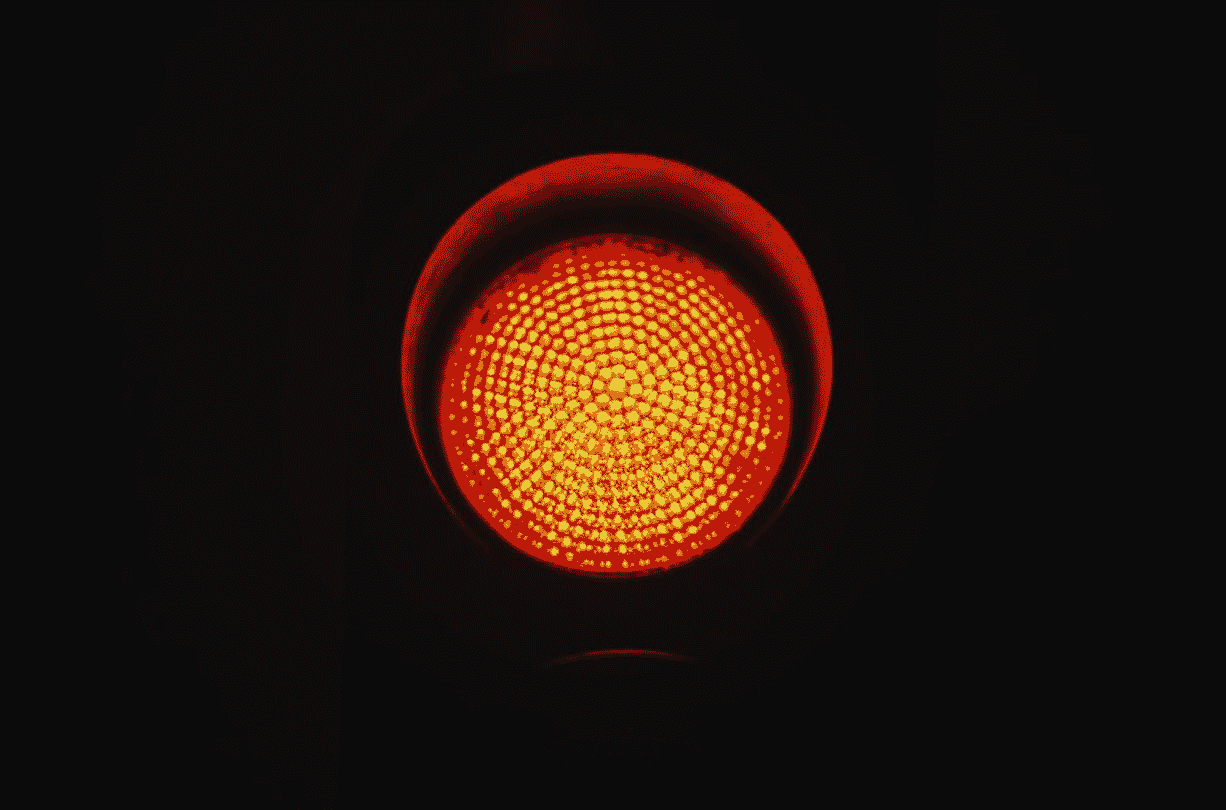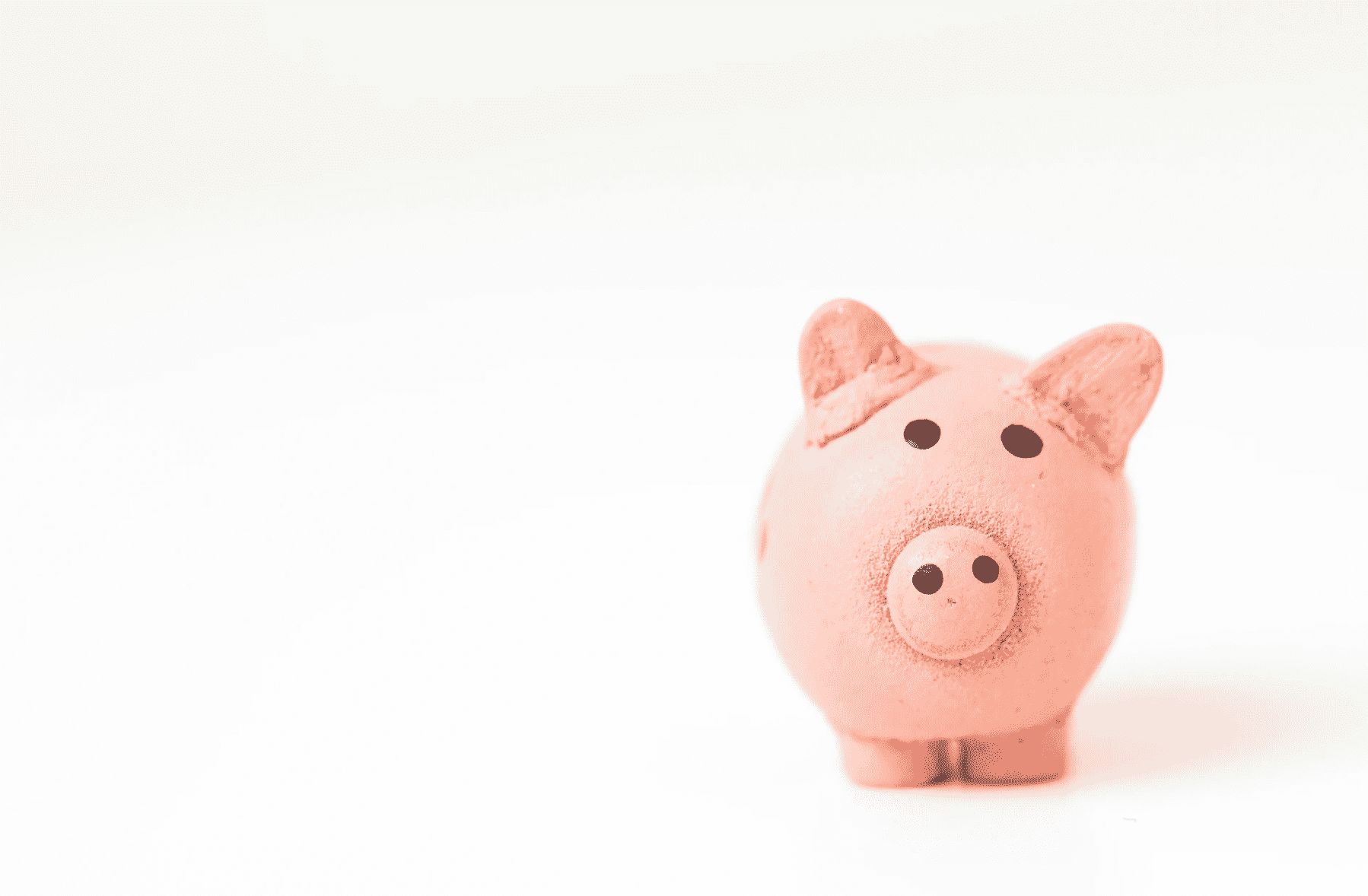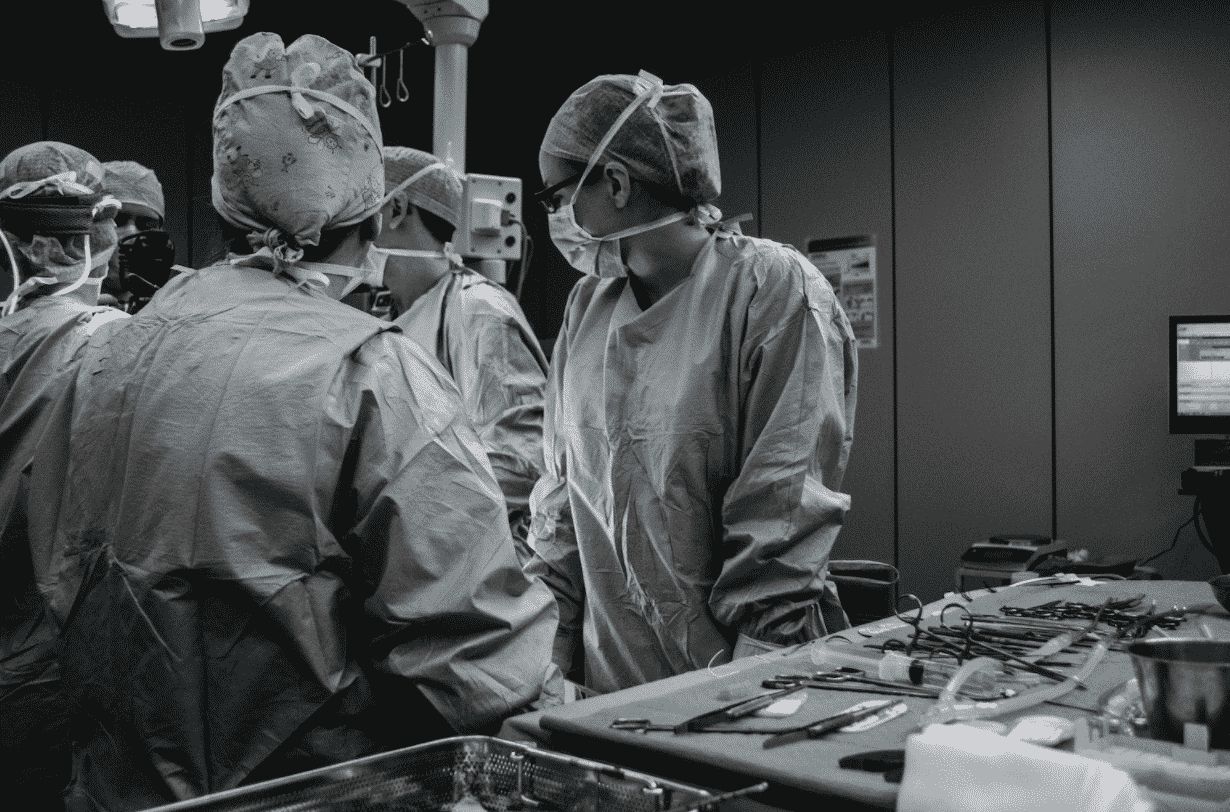Author: Cibik
05 Apr What Are Five More Silly Reasons Not To File For Bankruptcy?
ANSWER: 1. You can't be sued to collect on a debt. Sure, that Sheriff or Process Server that comes to your door at 5:00 a.m. is a really nice guy, and you'll miss those early morning visits, but the fun has to end sometime. More than ever,...
22 Mar Why Should I File a Chapter 7 Bankruptcy?
Filing Chapter 7 bankruptcy in Philadelphia, Pennsylvania, gets rid of debts you cannot afford to pay. It gives you a fresh start to recover from a financial crisis. Filing a Chapter 7 bankruptcy can protect some property from creditors while allowing you to rebuild your finances.04 Mar Legal Tips for Medical Debt Settlement
Healthcare costs are soaring, and many Americans do not have adequate health insurance coverage. As a result, medical debt is on the rise. A recent study showed that 41% of all working-age Americans — 72 million people — have medical debt problems or are currently paying off medical debt. Additionally, seven million elderly adults also have medical debt. In total, 79 million Americans struggle to pay off medical debt.04 Feb Legal Strategies for Avoiding a Mortgage Foreclosure
At the end of December, more than 787,000 Americans had filed for unemployment. Many Americans have been laid off or had their work hours reduced due to the coronavirus pandemic. If you are struggling to pay your mortgage, you are not alone. Many Americans are trying to find a way to continue paying their mortgages during these challenging financial times.28 Dec The Differences Between Chapter 7 and Chapter 11 Bankruptcy
Financial experts predict that there could be a sharp increase in bankruptcy filings happening in the next few months. Government shutdowns related to the coronavirus pandemic have caused significant financial challenges for many Americans who have lost their jobs or experienced a decrease in pay. The federal government and state governments have adopted programs to help families who cannot pay their bills.14 Dec Michael Cibik talks with the Philadelphia Inquirer about bankruptcy as a strategy for Philly restaurants
Below is a recent Philadelphia Inquirer article, featuring Michael Cibik's thoughts on filing for bankruptcy as a possible best strategy for local Philadelphia restaurant owners.25 Nov What Happens When You Finish Paying Off a Chapter 13 Bankruptcy?
Many Americans are struggling financially due to the coronavirus pandemic. An estimated 205 million people are at risk of their utilities being disconnected, and many more are in jeopardy of their vehicles being repossessed and their homes being foreclosed. A significant number of Americans have been laid off or experienced a reduction in their work hours, causing them not to be able to pay their bills on time. Recovering from the coronavirus shutdowns will take time, but Americans who are struggling do have options. One of those options is to file for bankruptcy. Filing for Chapter 13 bankruptcy is a viable option for helping you get back on your feet financially. What happens after you finish paying off a Chapter 13 bankruptcy?- 1
- 2










